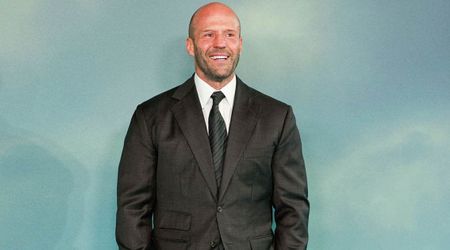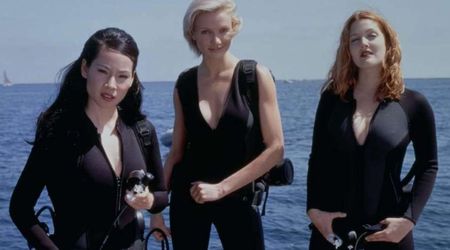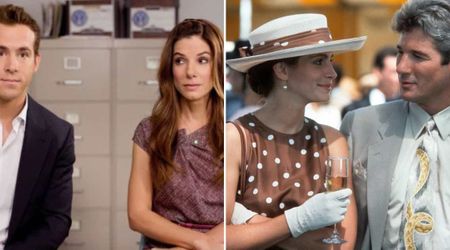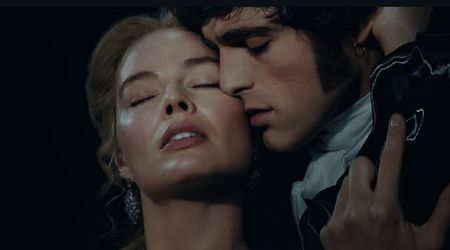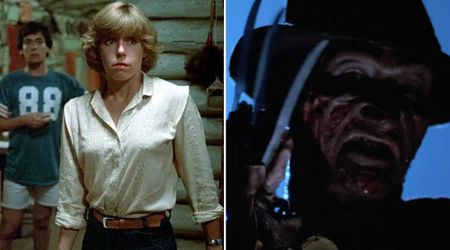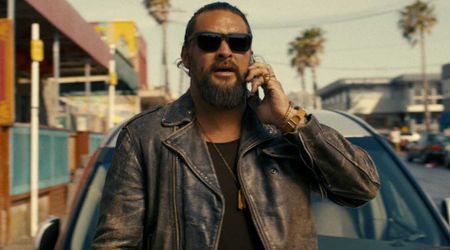'Mulan': Here's how Liu Yifei-starrer butchers simple yet powerful tale of Chinese legendary warrior Hua Mulan

"If they (women) can see how powerful they are and get a glimpse of themselves in her (Mulan), then I’ll be happy," said Liu Yifei in an interview with EW before the release of her Disney film 'Mulan'. She hoped that women everywhere would find strength and courage in seeing Hua Mulan's journey. It is ironic really that the film has twisted everything about the much-loved legend of Hua Mulan. Here's a look at how Disney, in 'adapting' an original story from Chinese literature, has ruined the portrayal of Hua Mulan, a brave warrior who managed to show that gender did not matter in the face of war.
This is the same woman who became the stuff of legends and her story was used to encourage women to become strong and brave. Now let's take the Yifei-starrer that came out in Disney+ on September 4. The film started on a false note. The original ballad told the tale of a father who believed that his daughter must learn to fight, and ride horses, to keep herself and her loved ones safe. Yes, women did not usually learn sword fighting or take equestrian classes at the time that this story originated from — which is 386 BC-534 BC (Northern Wei Dynasty). This in itself is a powerful truth if portrayed with conviction on screen. However, what we got instead is a watered-down version. I was not surprised, considering Disney's past record and how it has managed to serve its audience the watered-down version of different folk tales from across the world, whitewashing characters and appropriating different cultures. Yes, I am looking at you 'Aladdin'!

However, the fact that they had gone as far as to claim that the live-action film would be a lot different from the animated film had raised hopes for a good wuxia film. 'Mulan', however, is anything but. For instance, we begin with Mulan practicing manifestation of her Chi in different ways including the art of sword fighting as a child. However, after she shows her skills off to the villagers, they begin to call her a witch.
This is an emotion the film portrays to reiterate how the village believes that martial arts and powerful Chi belong solely to men and male warriors. We are expected to believe that these villagers are mean. The villagers are portrayed as being prejudiced against a girl who can fight. They think that the only way a woman can show off skills like that of Mulan is if she were to be tapping in dark magic. So villagers begin murmuring about how Mulan could be a witch.
This narrative is further supported by Li Gong's character Xianning in the film. She has talents similar to that of Mulan. She has powerful Chi which when trained can become a powerful source of offense and defense. While Mulan's father in the film feared "what the world would say" and asked her to hide her Chi, Xianning doesn't and as a result, she is vilified and left with no family, or community. She grows up wanting to belong somewhere, a place where she is not vilified, and the villain in the film, Bori Khan (Jason Scott Lee), uses her need for the same and gets her to carry out his orders. He is sexist, just like everyone else in the film. So while he promises Xianning a place that she can truly call her own, he considers her his slave. Now, this is contradictory to the narrative that the original ballad portrayed. In this, the father doesn't vilify his daughter for wanting to take his place.
His only worry is for her safety, while Hua Zhou in the film bursts out in anger and says, "it's a father's responsibility to bring honor to the family on the battlefield." As if that was not clear enough, he stresses, "You are a daughter, learn your place." This sentiment is definitely not part of the actual story. Moving beyond how Disney has ruined a powerful story with a pale and dull film, they have also managed to paint the enemies as not just enemies but monsters. This narrative adds to the trope that anyone different from "us" can only be a monster. If one watches Chinese wuxia films or shows, the first thing one would learn is how well they portray both sides. The enemies are as human as the King, or his citizens that we are expected to root for. The flaws too are equally distributed.
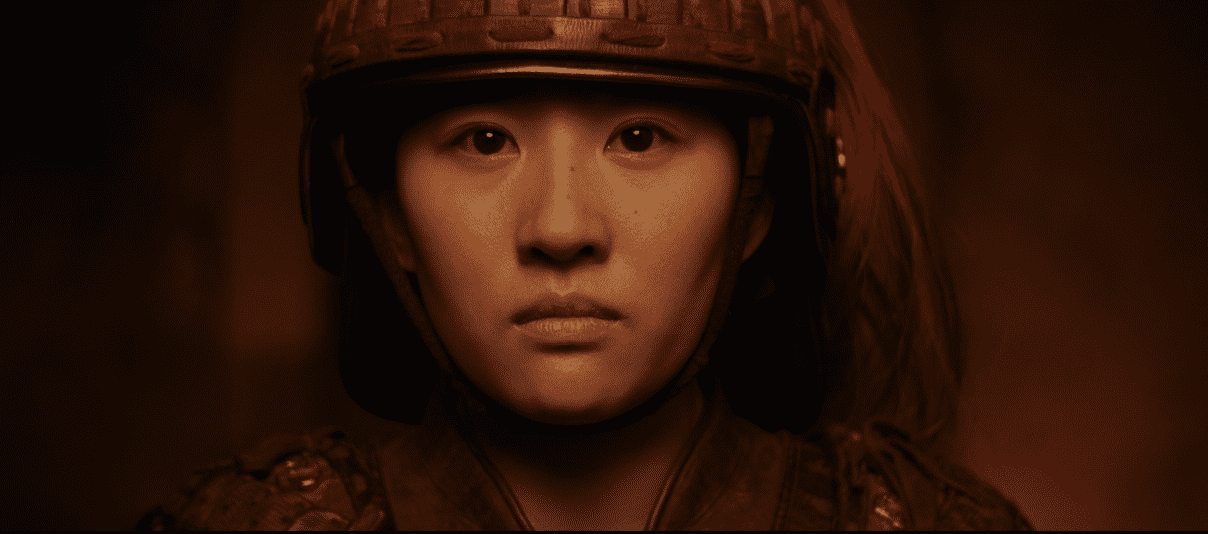
However, maybe expecting a bit of consideration and fairness in treatment from the filmmaker is naive. Bori Khan was a son who lost his father. His father was killed and as a dutiful son, Bori Khan has taken on the mantel of Rouron and has promised his father revenge. Now, the film has not indicated in any way that Bori Khan's father was evil, or a monster or a greedy king. In fact, if we go by the Rourons' claims, their lands were taken away by Mulan's King (Jet Li). So why paint the Rourons in such a monstrous light? The fear that anything that doesn't look like us cannot be good for us trope is not something to be taken lightly, especially at this moment where a huge section of the population across the world is fighting for freedom and visibility.
And finally, in the ballad, Hua Mulan's identity gets outed after she has fought many battles for the country and moves up the ladder. From a soldier, her success leads the little girl from a faraway village to become the general of an entire army. Her secret is outed only when soldiers contract a disease and Mulan too is affected by the same. It is when a doctor visits her that the truth comes out and her army, the same one that she had governed all this while, is divided over whether they should let her continue to serve as a general or not.
Half of them decide to go with her past record. Her history of wins in battles. The rest want to write her off solely because she is a woman. This is a true reflection of the society at that time. At this moment, when an invader attacks and Mulan hears of the same, she begins giving orders that soldiers reluctantly follow because even the ones who wanted to write her off understand that she is their best option at winning against the oncoming attack. It is her victory that pushes the country to welcome her and other women onto the battlefield in the future. However, the Disney film had none of the nuances that were present in the ballad.
The only moment in the film that seemed to be portrayed with any conviction was that between Mulan and her father Zhou. The apology that she received was well-deserved and what struck true really was Zhou telling his daughter that a warrior was always present within Mulan, but it was he who began seeing the warrior late.

